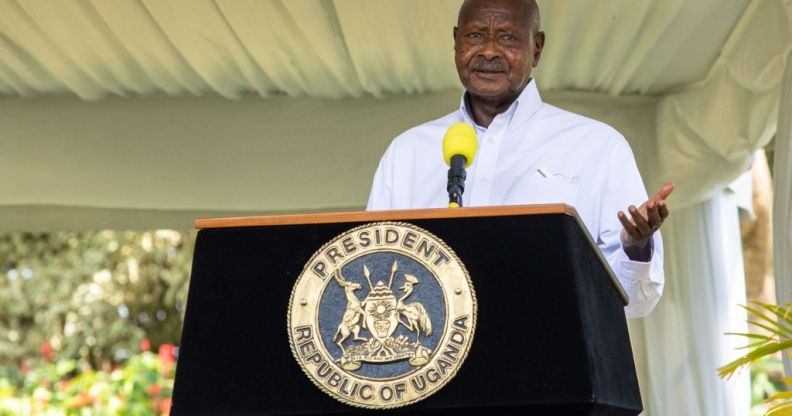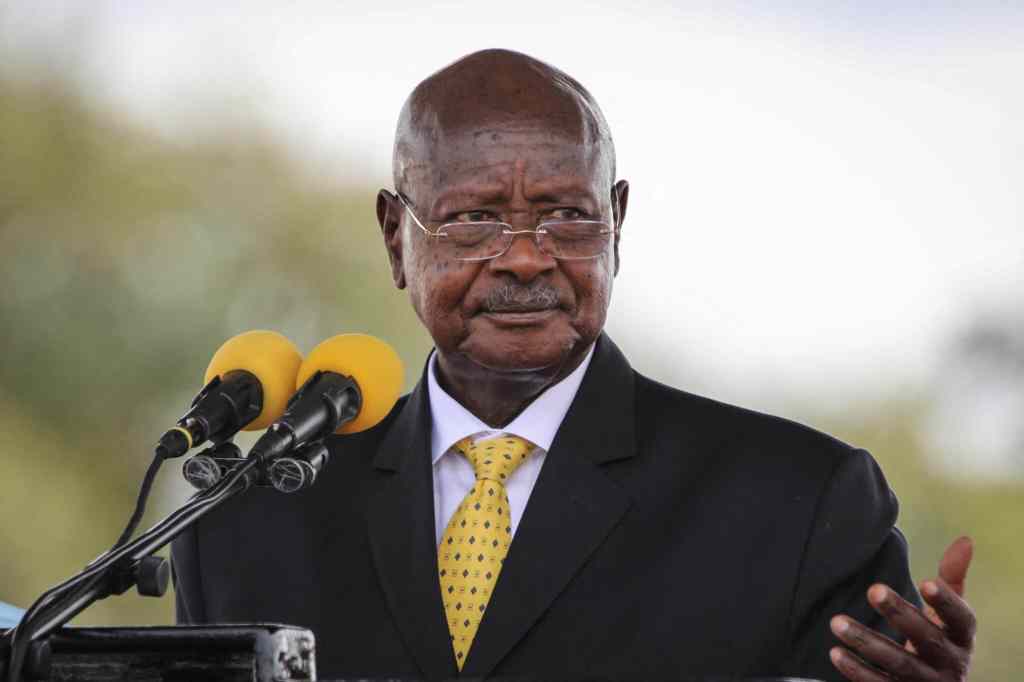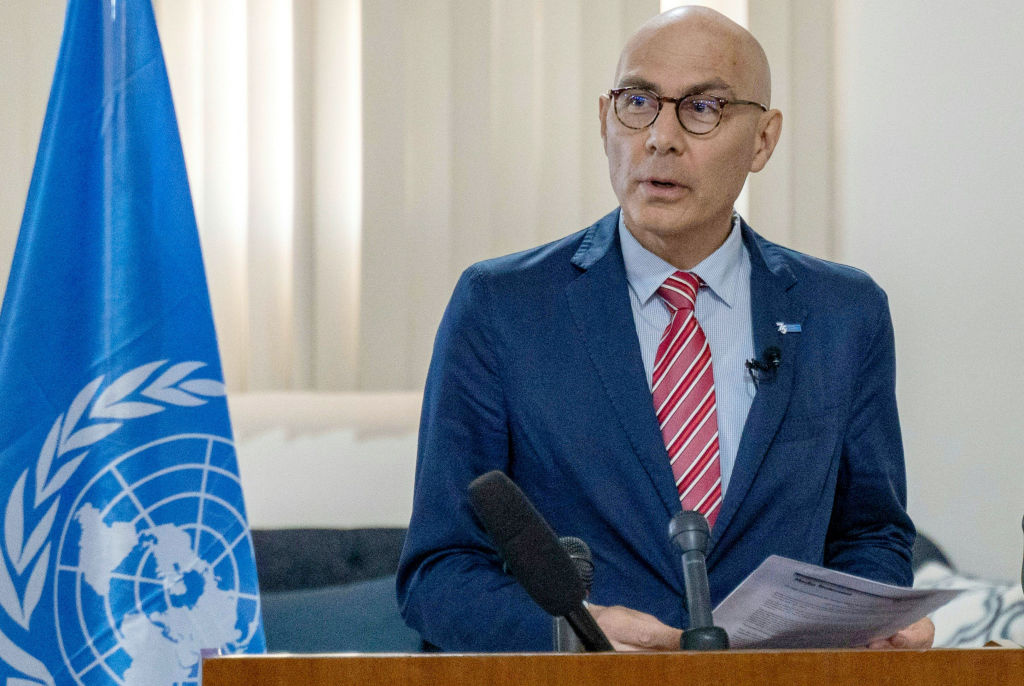UN urges Ugandan president to block ‘disturbing’ LGBTQ+ bill that introduces death penalty

Ugandan lawmakers have passed the draconian Anti-Homosexuality Bill for the second time, after President Yoweri Museveni requested changes. (Getty)
The United Nations has urged Uganda’s president not to sign a draconian anti-LGBTQ+ bill into law that could see gay people sentenced to death.
The Anti-Homosexuality Bill, which was passed by the Ugandan parliament on Tuesday (21 March), will make it illegal to simply identify as LGBTQ. Anyone found guilty under the proposed law could face up to 20 years in jail.
The death penalty is also possible under the legislation for those found guilty of “aggravated homosexuality” – referring to rape, child sexual abuse or incest.
Allies of the LBGTQ+ community could face up to five years in prison, with people having a duty to report those in same-sex relationships to the authorities.
Having been voted for by parliament, the bill is ready for president Yoweri Museveni to sign into law.

UN High Commissioner for Human Rights, Volker Türk, has urged him not to do so, labelling the law draconian and saying its adoption by lawmakers was “devastating and deeply disturbing”.
Türk said: “The passing of this discriminatory bill – probably among the worst of its kind in the world – is a deeply troubling development. This law, if signed into force, will have serious negative repercussions on society as a whole, and erode gains made over years.”
He went on to say that the legislation could open the door for the “systemic violation” of the human rights of nearly all LGBTQ+ people and serve to incite people against each other.
It “confuses consensual and non-consensual relations”, he said, adding that consensual relations should never be criminalised and evidence-based measures were needed to end sexual violence in all forms.
“This bill will be a massive distraction from taking the necessary action to end sexual violence,” he said.

Türk also highlighted that the bill conflicted with Uganda’s constitution, which had equality and non-discrimination provisions, as well as countering its international legal human rights and sustainable development obligations.
“Promoting violence and discrimination against people for who they are, and who they love, is wrong and any disingenuous attempts to justify this on the basis of ‘values’ should be called out and condemned,” he added.
When the bill was introduced to the Ugandan parliament, Anita Among urged other MPs to reject intimidation, particularly from Western countries.
Asuman Basalirwa, who introduced the bill, said its objective was to “protect our church culture, the legal, religious and traditional family values of Ugandans from the acts that are likely to promote sexual promiscuity in this country”.
Another MP, Sarah Opendi, suggested gay men be castrated and that life imprisonment was “not adequate” because a gay man could “continue living his life, maybe even continuing homosexuality in prison”.
Only two MPs opposed the bill.

